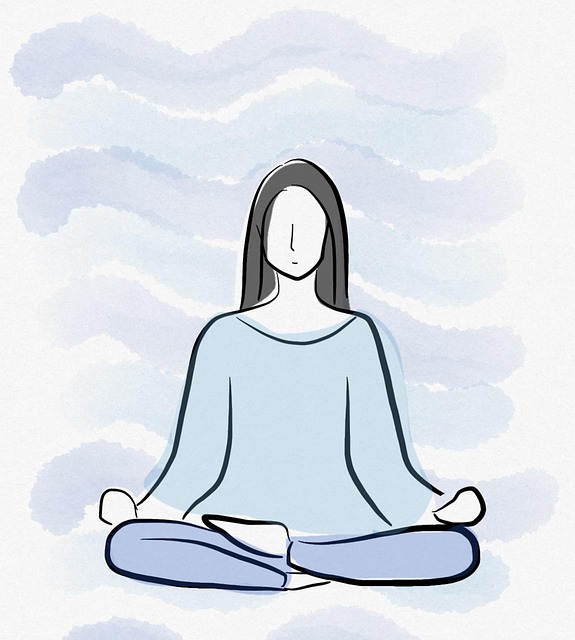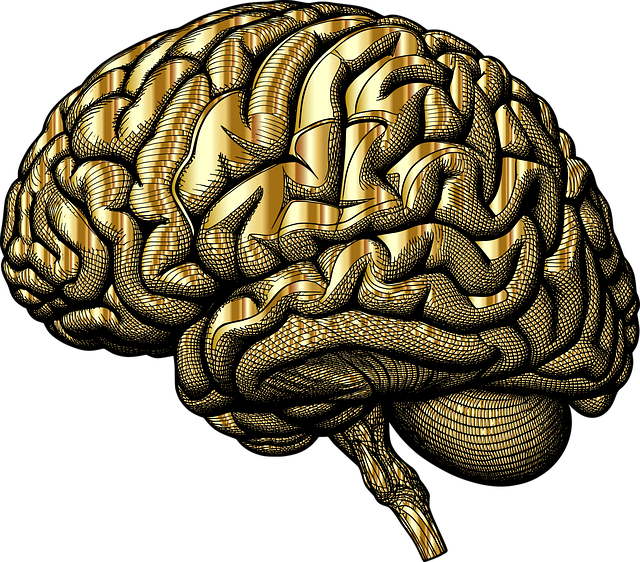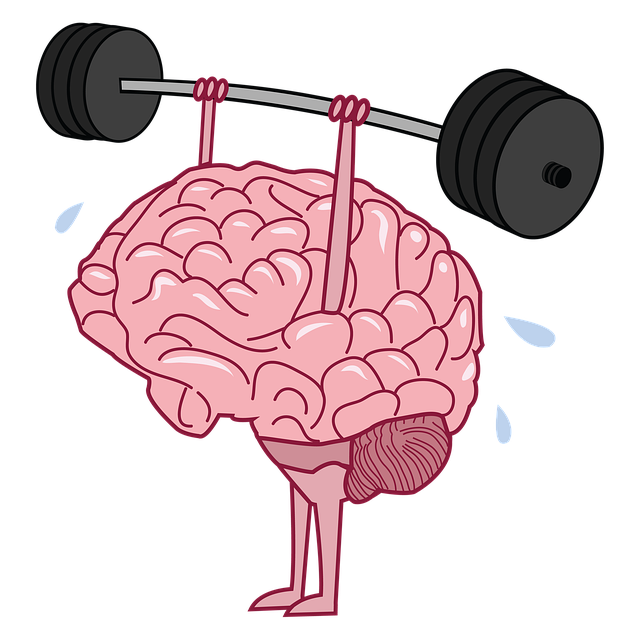Holistic mental health approaches focus on interconnected physical, emotional, and spiritual well-being, addressing root causes of distress through balanced lifestyle changes. Nature-based therapies, including hiking, forest bathing, and gardening, reduce stress, enhance mood, and stimulate 'feel-good' endorphins. Techniques like mindfulness meditation, yoga, and tai chi promote relaxation, improve flexibility, and foster mind-body connection. Outdoor activities offer accessible ways to reduce anxiety and depression while boosting serotonin levels through physical activity. Herbal remedies balance body systems and support various mental and physical concerns when incorporated into tailored treatment plans. Mindfulness practices manage stress by focusing on the present moment, clearing mental clutter, and improving emotional regulation. Integrating nature into self-care routines reduces stress, enhances mood, and fosters peace and balance, contributing to improved holistic well-being.
“Unwind and reconnect with nature as we explore the transformative power of natural therapy techniques for holistic mental health. This comprehensive guide delves into diverse practices, from the healing powers of outdoor activities and herbal remedies to mindfulness practices and self-care rituals. Discover how embracing nature can balance your mind and body, offering a profound and accessible approach to enhancing overall wellbeing. Embrace a holistic perspective on mental health with these powerful, natural strategies.”
Understanding Holistic Mental Health: A Comprehensive Approach

Holistic mental health approaches treatment from a complete and interconnected perspective, recognizing the intricate link between physical, emotional, and spiritual well-being. Unlike traditional psychiatric practices that often focus on diagnosing and medicating symptoms, holistic therapy techniques seek to address the root causes of distress by nurturing overall balance and harmony within an individual. This comprehensive approach encompasses various therapeutic modalities, including mindfulness practices, meditation, yoga, nutrition counseling, and natural stress management strategies.
By adopting a holistic mental health framework, therapists enable clients to explore and understand their unique relationship with themselves and their environment. This process involves delving into underlying beliefs, uncovering emotional patterns, and fostering self-awareness—all while implementing sustainable lifestyle changes that promote lasting mental resilience and improved quality of life.
The Power of Nature-Based Therapies

In today’s fast-paced world, where stress and anxiety often thrive in the hustle and bustle of daily life, turning to nature for healing is a growing trend among those seeking holistic mental health solutions. Nature-based therapies offer a powerful way to reconnect with our environment, fostering a sense of calm and restoration that can elude us in urban settings. Simply being amidst natural landscapes has been shown to reduce stress hormones, enhance mood, and improve overall well-being.
These therapies take various forms, from hiking and forest bathing to gardening and spending time near water bodies. Engaging our senses in these natural environments stimulates the release of endorphins, often referred to as ‘feel-good’ chemicals, which can alleviate symptoms of depression and promote a sense of tranquility. Moreover, nature acts as a powerful stress buffer, providing a much-needed respite from the demands of modern life, thus contributing to improved mental resilience and holistic mental health.
Essential Techniques for Mind and Body Balance

In the pursuit of holistic mental health, several natural therapy techniques have emerged as powerful tools for achieving mind-body balance. Mindfulness meditation stands out as a cornerstone practice, teaching individuals to focus on the present moment and cultivate awareness of thoughts and emotions without judgment. This simple yet profound technique has been shown to reduce stress, improve emotional regulation, and enhance overall well-being.
Incorporating yoga and tai chi, ancient practices with roots in Eastern philosophy, also contributes significantly to holistic mental health. These activities combine physical movement with breath control and mental focus, promoting relaxation, improving flexibility, and fostering a sense of calm. By integrating these techniques into daily routines, individuals can create a sanctuary for themselves, reducing anxiety and cultivating a deeper connection between mind and body.
Exploring Outdoor Activities for Emotional Wellbeing

In today’s fast-paced world, outdoor activities offer a powerful and accessible means to enhance holistic mental health. Spending time in nature can significantly reduce stress, anxiety, and depression, fostering a profound sense of calm and connection to the environment. Whether it’s a leisurely hike through a forest trail, practicing mindfulness while sitting by a serene lake, or simply strolling in a nearby park, these activities provide an opportunity for introspection and emotional release.
Engaging in outdoor pursuits encourages individuals to disconnect from the demands of daily life and reconnect with their inner selves. The fresh air and natural surroundings stimulate the senses, promoting relaxation and improving overall mood. Additionally, physical activity released during these outdoor sessions boosts serotonin levels, contributing to enhanced emotional wellbeing. As a result, incorporating such holistic mental health practices into one’s routine can lead to improved resilience and a deeper appreciation for the therapeutic benefits of nature.
Herbal Remedies and Their Role in Holistic Practice

Herbal remedies have long been a cornerstone in holistic practices, playing a significant role in promoting natural healing and supporting overall well-being. These botanical preparations offer a gentle yet powerful approach to addressing various physical and mental health concerns within the context of holistic mental health. Each herb is believed to possess unique properties that can help balance the body’s systems and restore harmony.
In holistic therapy, herbal remedies are often used as part of a comprehensive treatment plan. For instance, calming herbs like chamomile or lavender might be recommended for anxiety relief, while adaptive herbs such as rhodiola or ashwagandha are known for their stress-relieving and adaptogenic benefits. These natural treatments can enhance the effectiveness of other holistic practices, including meditation, yoga, and acupuncture, creating a harmonious approach to mental health care.
Mindfulness Practices for Daily Stress Relief

Mindfulness practices, a cornerstone of holistic mental health, offer a powerful tool for managing daily stress. By focusing on the present moment and cultivating non-judgmental awareness, individuals can alleviate mental clutter and promote inner peace. Techniques such as mindful breathing exercises, where one pays attention to each inhalation and exhalation, help to calm the mind and reduce anxiety. These practices encourage individuals to become more attuned to their senses, allowing them to better manage stressful situations as they arise.
Incorporating mindfulness into daily routines can be as simple as dedicating a few minutes each morning or evening to quiet reflection. This could involve sitting comfortably, closing eyes, and observing thoughts without attachment. Such practices not only enhance overall well-being but also foster resilience in the face of life’s challenges. By consistently engaging in mindfulness, folks can develop a deeper sense of self-awareness, leading to improved emotional regulation and enhanced holistic mental health.
Incorporating Nature into Your Self-Care Routine

Incorporating nature into your self-care routine is a powerful way to nurture both your physical and holistic mental health. Spending time outdoors, whether it’s a walk in the park, hiking in the woods, or simply sitting by a body of water, can have profound effects on reducing stress and anxiety. Research has shown that being in green spaces can lower blood pressure, improve mood, and enhance overall well-being. This connection to nature allows you to disconnect from daily stressors and reconnect with your surroundings, fostering a sense of peace and balance.
Holistic mental health benefits from this natural therapy as it promotes mindfulness and presence in the moment. Activities like gardening or simply breathing in fresh air can be meditative, encouraging a mindful approach to life’s challenges. By integrating nature into your self-care regimen, you create an opportunity for reflection, relaxation, and rejuvenation, ultimately contributing to improved mental resilience and overall holistic well-being.
